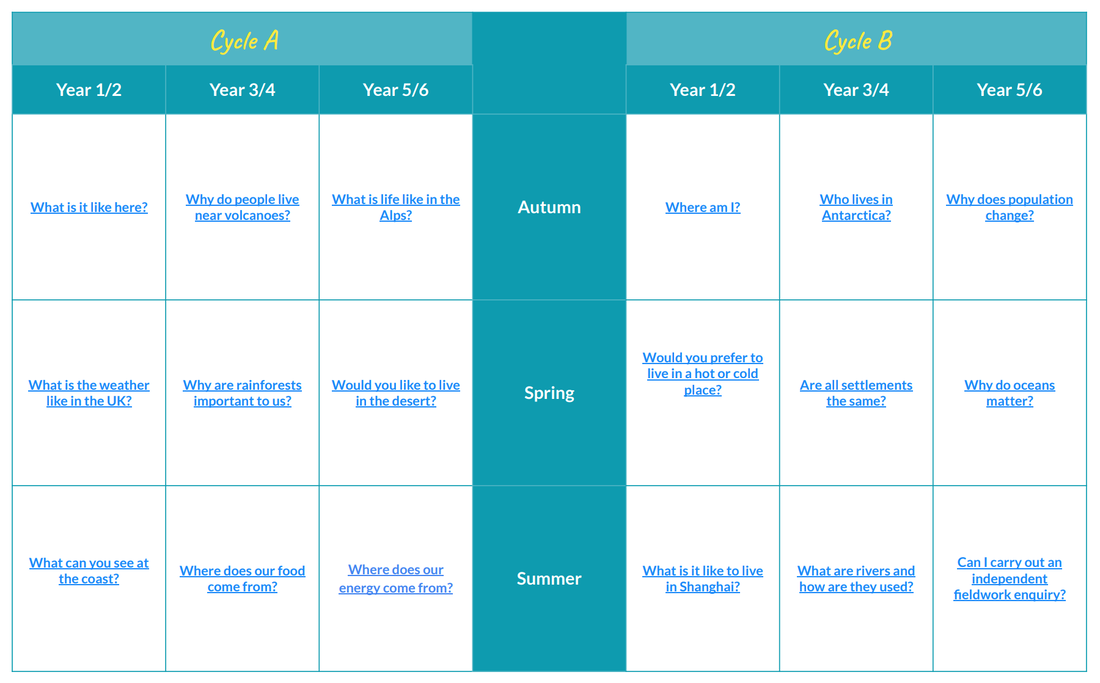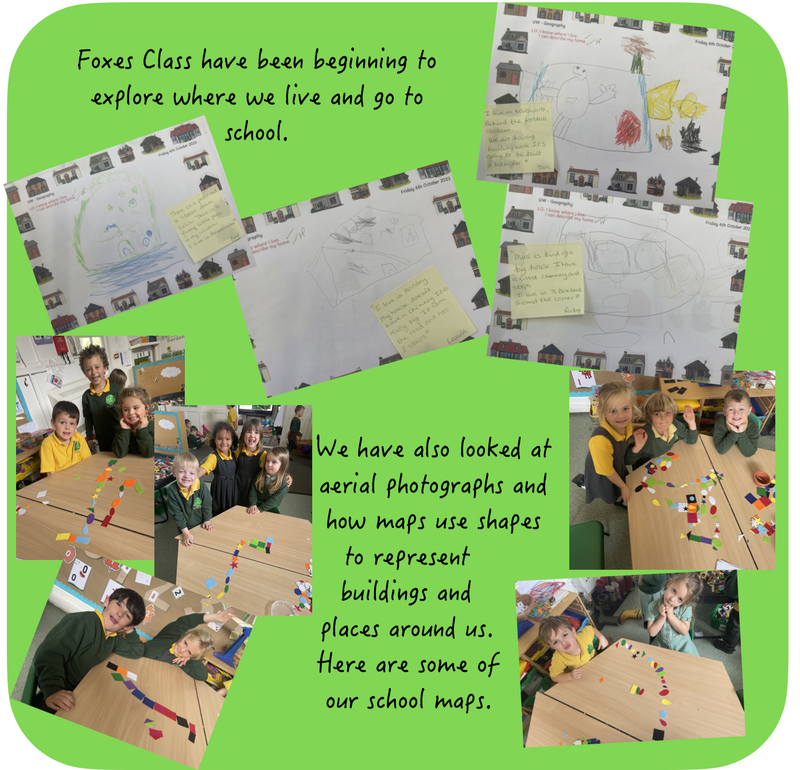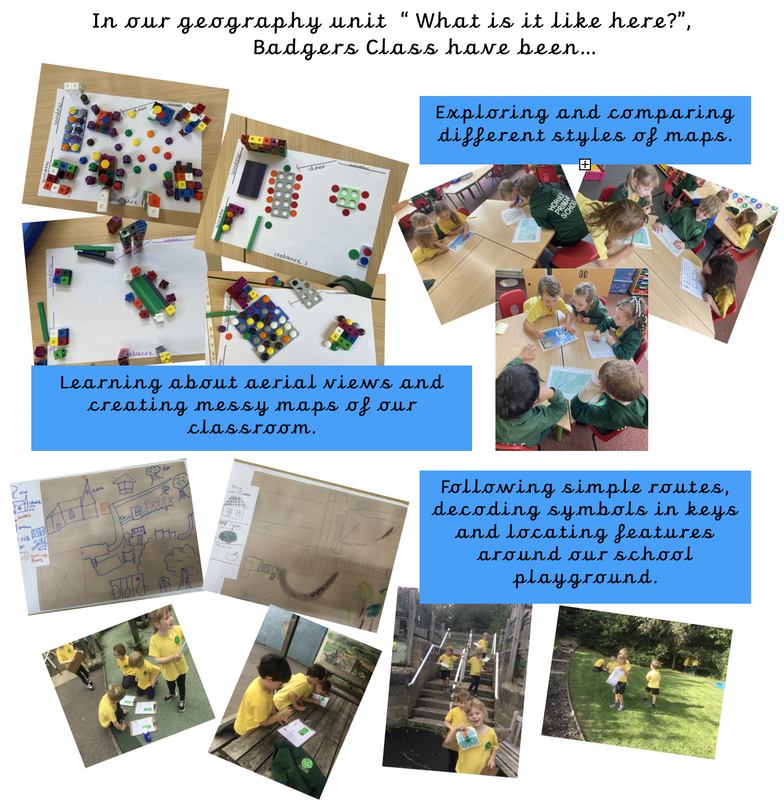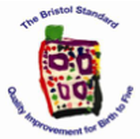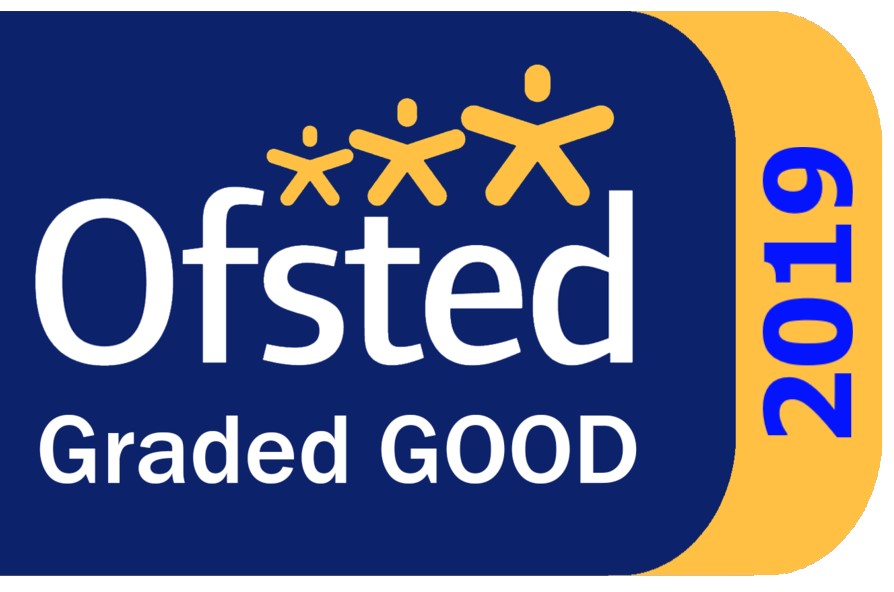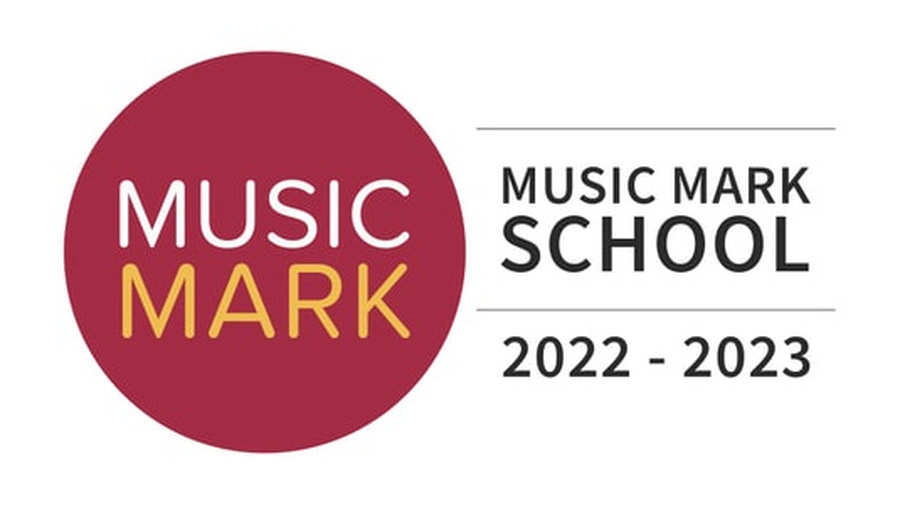Our Geography Curriculum
Geography Rationale
Geography is a statutory, National Curriculum subject and sits within the EYFS Framework, Understanding the World. Teachers use the Kapow mixed age group geography units to cover all the required areas of geographical knowledge and skills.
At Horsley C of E School we are committed to developing :
Each unit contains elements of geographical skills and fieldwork to ensure that fieldwork skills are practised as often as possible. Kapow Primary units follow an enquiry cycle that maps out the fieldwork process of question, observe, measure, record, and present, to reflect the elements mentioned in the National curriculum. This ensures children will learn how to decide on an area of enquiry, plan to measure data using a range of methods, capture the data and present it to a range of appropriate stakeholders in various formats.
At Horsley C of E School we are committed to developing :
- critical thinking, with the ability to ask perceptive questions and explain and analyse evidence.
- fieldwork skills across each unit and year group.
- an interest and knowledge of their locality and how it differs from other areas of the country and wider world.
- a growing understanding of geographical concepts, terms and vocabulary
Each unit contains elements of geographical skills and fieldwork to ensure that fieldwork skills are practised as often as possible. Kapow Primary units follow an enquiry cycle that maps out the fieldwork process of question, observe, measure, record, and present, to reflect the elements mentioned in the National curriculum. This ensures children will learn how to decide on an area of enquiry, plan to measure data using a range of methods, capture the data and present it to a range of appropriate stakeholders in various formats.
Geography Evidence Across the School
“The study of geography is about more than just memorising places on a map. It's about understanding the complexity of our world, appreciating the diversity of cultures that exists across continents. And in the end, it's about using all that knowledge to help bridge divides and bring people together.” Barack Obama
